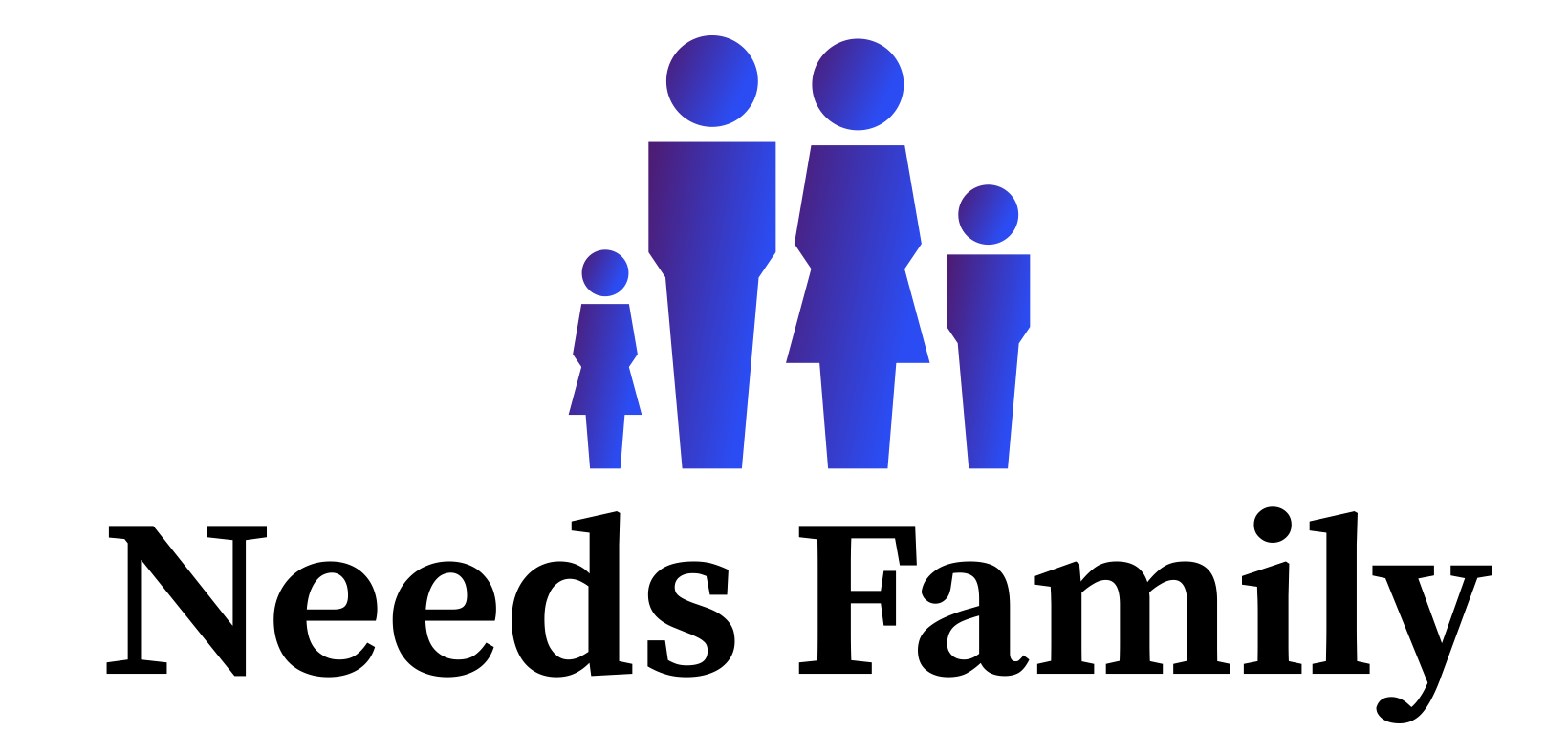The historical connection between Indonesia and the Netherlands has left an indelible mark on the Indonesian language. During the Dutch colonial period, many Dutch words found their way into everyday Indonesian vocabulary. Interestingly, several words in both languages are strikingly similar in pronunciation, spelling, and meaning. Let’s explore this fascinating linguistic crossover with 15 examples of Dutch words that are used in Indonesian, along with their meanings.
The Historical Connection Between Dutch and Indonesian
Indonesia was under Dutch colonial rule for more than 300 years, during which the Dutch language influenced various aspects of Indonesian culture and language. Words from Dutch were adopted into the Indonesian language primarily to describe modern concepts, technology, and governance, which were brought by the Dutch.
Today, these borrowed words are a testament to this shared history and remain part of the modern Indonesian lexicon. Let’s delve into some of these words that reflect the intertwining of two cultures.
1. Kantoor (Dutch) – Kantor (Indonesian)
Meaning: Office
Both Dutch and Indonesian use this word to describe a workplace or office. The similarity in pronunciation and spelling makes it instantly recognizable to speakers of both languages.
2. Tafel (Dutch) – Meja (Indonesian)
Meaning: Table
In this case, the word ‘tafel’ was historically borrowed but is now less common in Indonesian. Instead, ‘meja,’ derived from Portuguese, is more widely used. However, older texts or formal settings may still use ‘tafel.’
3. Bel (Dutch) – Bel (Indonesian)
Meaning: Bell
Both languages use this word to refer to a bell or the act of ringing. In modern Indonesian, it can also refer to calling someone using a telephone.
4. Rok (Dutch) – Rok (Indonesian)
Meaning: Skirt
The word for skirt in both Dutch and Indonesian is identical. It’s a straightforward example of linguistic borrowing without any alteration.
5. Traktir (Dutch) – Traktir (Indonesian)
Meaning: Treat (as in paying for someone)
In Dutch, “trakteren” means to treat someone, often to food or drinks. Indonesians adopted the word as “traktir,” keeping the meaning almost unchanged.
6. Gratis (Dutch) – Gratis (Indonesian)
Meaning: Free (of charge)
The word ‘gratis’ in both languages means something that is free or given without cost. This word is widely used in advertisements and casual conversations in Indonesia.
7. Sekolah (Dutch: School) – Sekolah (Indonesian)
Meaning: School
While the Dutch word is ‘school,’ its adaptation into Indonesian as ‘sekolah’ reflects both the influence and slight modification typical of language borrowing.
8. Polisi (Dutch: Politie) – Polisi (Indonesian)
Meaning: Police
The Dutch word ‘politie’ transformed into ‘polisi’ in Indonesian. The meaning, however, remains identical.
9. Ventilatie (Dutch) – Ventilasi (Indonesian)
Meaning: Ventilation
Both languages use this term to refer to airflow systems or air circulation. The Indonesian version simplifies the pronunciation slightly but retains its essence.
10. Bioscoop (Dutch) – Bioskop (Indonesian)
Meaning: Cinema
The Dutch term ‘bioscoop,’ meaning cinema, evolved into ‘bioskop’ in Indonesian. It is still used today, especially in casual contexts.
11. Komputer (Dutch) – Komputer (Indonesian)
Meaning: Computer
As technology spread worldwide, the word ‘computer’ was adopted from Dutch into Indonesian, with the same spelling and meaning.
12. Kabel (Dutch) – Kabel (Indonesian)
Meaning: Cable
The word for cable in both languages remains exactly the same, showcasing its universal utility.
13. Lamp (Dutch) – Lampu (Indonesian)
Meaning: Lamp
While the Dutch use ‘lamp,’ Indonesian modified it slightly to ‘lampu.’ The meaning remains unchanged, referring to lighting devices.
14. Dokter (Dutch) – Dokter (Indonesian)
Meaning: Doctor
The term for medical professionals is identical in both languages, reflecting its importance in colonial and modern contexts.
15. Apotek (Dutch: Apotheek) – Apotek (Indonesian)
Meaning: Pharmacy
The Dutch word ‘apotheek’ is adapted into Indonesian as ‘apotek.’ It is commonly used to refer to pharmacies across Indonesia.
The Lingering Influence of Dutch on Indonesian Language
These examples are just a glimpse into the thousands of words that Dutch and Indonesian share. Beyond vocabulary, Dutch also influenced Indonesian grammar and administrative language. For instance, legal and governmental terms often have Dutch roots.
The adoption of Dutch words has enriched the Indonesian language, creating a unique blend that reflects the historical ties between the two nations. Today, these words serve as cultural bridges and a reminder of Indonesia’s dynamic linguistic evolution.
